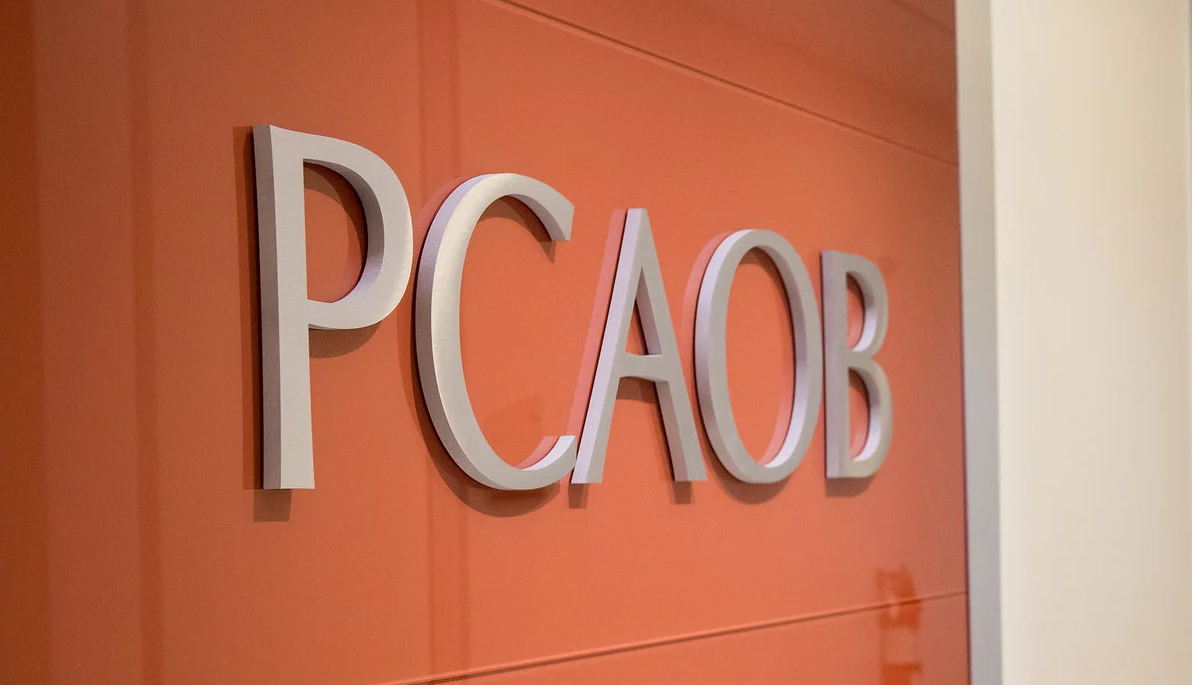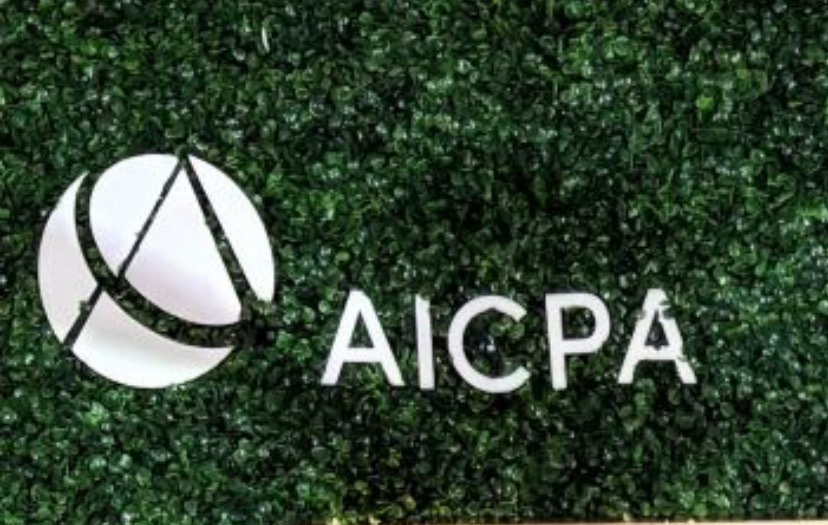The Public Company Accounting Oversight Board (PCAOB) issued a pair of proposals on April 9, one of which would require audit firms to publicly disclose several metrics—including the involvement of partners and managers on an audit, auditor workload, and auditor turnover—on a new form that would be accessible to investors.

“Sound and consistent information bolsters confidence in our capital markets, and can drive audit quality,” PCAOB Chair Erica Williams said in a statement on Tuesday. “Informed by extensive study and stakeholder input, today’s proposals would strengthen PCAOB oversight and equip investors, audit committees, and others with clear, consistent, and actionable data related to the audit.”
Some public accounting firms voluntarily disclose certain firm-level information publicly through their annual audit quality and transparency reports. This proposal would require all PCAOB-registered firms that audit one or more accelerated or large accelerated filers to publicly report a standardized set of 11 metrics that would draw back the curtain and offer investors a look into their work.
“While some firms publicly disclose certain firm-level metrics today, the PCAOB’s staff has observed that the number of firms doing so is small,” the board said in a press release. “Furthermore, the disclosures are inconsistent across firms—there are no common definitions or calculations allowing for consistent comparisons—and most of the disclosures are voluntary, so firms are free to revise or discontinue such reporting anytime. At the same time, there is a lack of incentive for firms, acting on their own or collectively, to provide accurate, standardized, and decision-relevant information about their firms and the engagements they perform.”
The proposed firm and engagement metrics cover:
1. Partner and manager involvement: Hours worked by senior professionals relative to more junior staff across the firm’s issuer engagements and on the engagement.
2. Workload: Average weekly hours worked on a quarterly basis by engagement partners and by other partners, managers, and staff, including time attributable to engagements, administrative duties, and all other matters.
3. Audit resources (use of auditor’s specialists and shared service centers): Percentage of issuer engagements that used specialists and shared service centers at the firm level, and hours provided by specialists and shared service centers at the engagement level.
4. Experience of audit personnel: Average number of years worked at a public accounting firm (whether or not PCAOB-registered) by senior professionals across the firm and on the engagement.
5. Industry experience of audit personnel: Average years of experience of senior professionals in key industries audited by the firm at the firm level and the audited company’s primary industry at the engagement level.
6. Retention and tenure: Continuity of senior professionals (through departures, reassignments, etc.) across the firm and on the engagement.
7. Audit hours and risk areas (engagement-level only): Hours spent by senior professionals on significant risks, critical accounting policies, and critical accounting estimates relative to total audit hours.
8. Allocation of audit hours: Percentage of hours incurred prior to and following an issuer’s year end across the firm’s issuer engagements and on the engagement.
9. Quality performance ratings and compensation (firm-level only): Relative changes in partner compensation (as a percentage of adjustment for the highest rated group) between groups of partners based on internal quality performance ratings.
10. Audit firms’ internal monitoring: Percentage of issuer engagements subject to internal monitoring and the percentage with engagement deficiencies at the firm level; whether the engagement was selected for monitoring and, if so, whether there were engagement deficiencies and the nature of such engagement deficiencies at the engagement level.
11. Restatement history (firm-level only): Restatements of financial statements and management reports on internal control over financial reporting that were audited by the firm over the past five years.
The proposal would require reporting of firm-level metrics annually on a new Form FM, for firms that serve as the lead auditor for at least one accelerated filer or large accelerated filer, the PCAOB said. Reporting of engagement-level metrics for audits of accelerated filers and large accelerated filers would happen via a revised Form AP, which would be renamed “Audit Participants and Metrics.” Firms are currently required to use Form AP to disclose the name(s) of the lead partner(s) on an audit engagement, as well as information about other accounting firms that participated on the audit, including the names of the firms and the extent of their participation.
Finally, the proposal would allow, but not require, limited narrative disclosures on both Form FM and Form AP to provide context and explanation for the required metrics.
The deadline for public comment on the metrics proposals is June 7.
Proposal on framework for collecting information from audit firms
The other proposal issued by the PCAOB on Tuesday would amend the board’s annual and special reporting requirements to “facilitate the disclosure of more complete, standardized, and timely information by registered public accounting firms.”
Most of the information would be made available to the public, but some would be available to the PCAOB only for oversight, the board said.
The PCAOB is proposing to enhance the required reporting of information by registered firms on the regulator’s public Annual Report Form, also known as Form 2, and the Special Reporting Form, also known as Form 3, in several key areas:
Financial information: Under the proposal, all registered firms would report on the public Annual Report Form additional fee information. The largest registered firms would also be required to confidentially submit financial statements annually to the PCAOB.
Audit firm governance information: The proposal would require all registered firms to report on the public Annual Report Form additional information regarding their leadership, legal structure, ownership, and other governance information, including information that would govern a change in the form of the organization.
Network information: The proposal would require on the public Annual Firm Report a more detailed description of any network arrangement to which a registered firm is subject, including describing the legal and ownership structure of the network, network-related financial obligations, information-sharing arrangements between the network and registered firm, and network governing boards or individuals to which the registered firm is accountable.
Special reporting: The proposal would shorten the timeframe for all reporting on the Special Reporting Form from 30 days to 14 days (or more promptly as warranted) and implement a new confidential special reporting requirement for events material to a firm’s organization, operations, liquidity or financial resource, or provision of audit services.
Examples of events required to be confidentially reported under the new Special Reporting framework include:
- A determination that there is substantial doubt about the firm’s ability to continue as a going concern;
- A planned or anticipated acquisition of the firm, change in control, or restructuring, including external investment and planned acquisition or disposition of assets or of an interest in an associated entity; or
- Entering into or disposing of a material financial arrangement that would affect the firm’s liquidity or financial resources.
Cybersecurity: The proposal would require confidential reporting on the Special Reporting Form of significant cybersecurity events within five business days and periodic public reporting of a brief description of the firm’s policies and procedures, if any, to identify and manage cybersecurity risks.
Board member Christina Ho, who cast the only dissenting vote on this proposal, said in a statement that the proposal “represents an overreach of regulatory power and stands to undermine competition in the audit marketplace as well as investor protection.”
“This proposal quantifies neither the increased reporting and recordkeeping requirements nor their estimated costs,” Ho said. “This would not be the case if the PCAOB were subject to the Paperwork Reduction Act, because the PRA requires federal agencies to estimate the ‘burden’ on the public in complying with recordkeeping and/or reporting requirements, where the estimate of the burden includes the value of both the time and the effort to fulfill a collection along with the financial cost.
“My point is that the PCAOB admirably gives stakeholders notice and an opportunity to comment on this proposal as if we were a federal agency subject to the Administrative Procedure Act, but then less admirably elects not to follow the PRA,” she added. “I am profoundly worried that the board’s apparent zeal to impose, in each new proposed standard or rule, new burdens on firms, without sufficient tailoring and without quantifying the estimated burdens, may end up breaking the public company auditing profession’s back, particularly for small firms. If we ‘break’ the profession in the name of investor protection, are we really protecting investors?”
The deadline for public comment on this proposal also is June 7.
Thanks for reading CPA Practice Advisor!
Subscribe Already registered? Log In
Need more information? Read the FAQs




